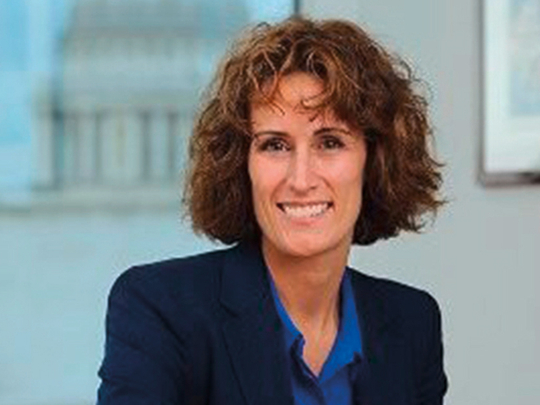
Dubai: Non-retirees in the UAE are saving a little more compared to their global counterparts, a survey revealed.
UAE expats save 14 per cent of their income for retirement, compared to the global average of 12 per cent, according to Schroders Global Investor Study 2018, which interviewed 22,000 investors from 30 countries including the UAE.
But still they feel that retirement corpus won’t be enough. UAE residents feel that one need to save 16 per cent to live comfortably in retirement, compared to 14 per cent globally.
There has been a trend of underestimation of cost of living after retirement.
Non-retired people globally expect to spend an average of 34 per cent of their retirement income on basic living expenses but the reality for global retirees is that they require nearly 50 per cent, according to the survey.
Under half of all retirees admitted that a little more income would be helpful, while 42 per cent stated they have enough income to live comfortably in retirement.
“There is a real danger that people globally are underestimating the proportion of their retirement income that will need to be allocated to basic living expenses and the amount of money they will need to live comfortably in retirement, particularly in the current environment of low returns and increasing inflation,” Lesley-Ann Morgan, Global Head of Retirement, Schroders, said.
No magic wand
Scroders said that retirees globally, on average, receive 61 per cent of their final salary annually. The contrast is greatest in Asia, with retirees receiving 59 per cent of their final salary, while people approaching retirement are expecting 76 per cent.
The gap was smallest for people in Europe, with retirees receiving 63 per cent of their final salary, compared to an expectation of needing 72 per cent among those close to retirement.
“There is no magic wand for people. To avoid facing challenging financial circumstances on retirement, they need to recognise the need to start saving as much and as early as possible,” Morgan said.
“Perhaps as a result of not having enough in retirement, our study showed that retirees were continuing to invest, and this often represented a larger amount than they expected prior to retirement,” she added.
The disparity in perceived living expenses was most pronounced in the Americas where, on average, non-retired people are expecting to spend 32 per cent of their annual income on living expenses. Instead, basic living costs in the Americas accounts for 53 per cent of retirees’ incomes.
People in Asia had the most realistic expectations of how much they are likely to spend on living expenses, expecting it to consume 32 per cent of their income in retirement. In reality, it is only slightly more at 38 per cent for retirees in Asia on average.
The advice is simple for retirement savings.
“Leaving retirement saving until you are nearing your 50s and 60s is likely to be too late to make up a savings gap,” she said.







